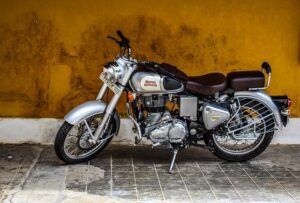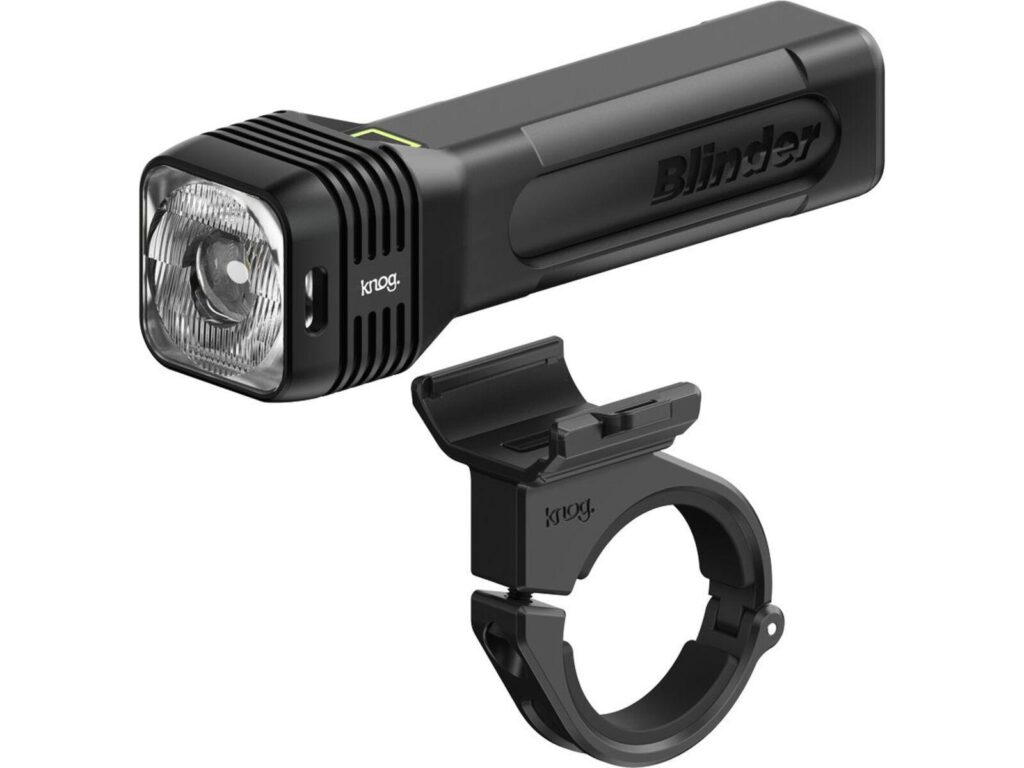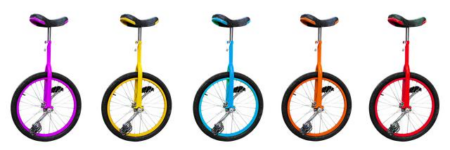Knog, a leading manufacturer of innovative bicycle lighting solutions, has announced a voluntary recall of its popular Blinder bike lights due to a potential fire hazard stemming from a defect in the battery. The recall affects a range of models that may pose a serious safety risk to consumers. As cycling enthusiasts gear up for their rides, the company emphasizes the importance of addressing this issue to ensure rider safety. With incidents of overheating leading to battery fires, Knog urges customers to review the recall details and take necessary precautions to protect themselves and their property. This recall serves as a critical reminder for all consumers to stay vigilant about product safety, especially when it comes to electronic accessories that power their daily rides.
Knog Issues Urgent Recall of Blinder Bike Lights Amid Fire Hazard Concerns
Knog has announced an urgent recall of its Blinder bike lights following alarming reports of potential fire hazards linked to the product’s battery. Consumers across various markets are being urged to stop using the affected lights immediately and return them for a full refund. This decision comes after several instances where the battery was found to overheat, leading to fires, raising significant safety concerns among users and retailers alike.
The affected models include:
- Blinder MOB
- Blinder Road 250
- Blinder Mini
As part of the recall process, customers are encouraged to check their products against the official lists and can submit requests for replacements or refunds through Knog’s website. To assist in this matter, Knog has set up dedicated helplines and email service points to make the process as smooth as possible for their customers. Below is a summary table of the important details:
| Model | Battery Type | Recalled Batch Number |
|---|---|---|
| Blinder MOB | Li-ion | Batch #09122020 |
| Blinder Road 250 | Li-po | Batch #05122021 |
| Blinder Mini | Li-ion | Batch #22112021 |
Investigation Reveals Potential Causes of Battery Malfunction in Popular Cycling Accessories
A recent investigation into the Knog Blinder bike lights has uncovered several concerning factors that may contribute to potential battery malfunctions, raising alarms among cycling enthusiasts. According to reports, instances of battery overheating and subsequent fire risks have been linked to design flaws in the device’s charging mechanism. Key issues identified include:
- Inadequate heat dissipation: The compact design may restrict airflow, causing batteries to retain excessive heat during use.
- Defective battery cells: Some units may contain subpar lithium-ion cells that do not meet safety standards, increasing the likelihood of failure.
- Faulty software integration: Bugs in the firmware may prevent the battery management system from accurately monitoring and controlling charge cycles.
In addition, a thorough analysis of user feedback revealed a pattern of issues correlating with usage frequency and environmental conditions. Many consumers reported that their lights began exhibiting anomalies under high temperatures or prolonged charging sessions. The following table summarizes user-reported problems related to specific conditions:
| Condition | Reported Issue |
|---|---|
| High Temperatures | Overheating and smoke emission |
| Extended Charging | Swollen battery and flickering lights |
| Wet Environments | Increased occurrence of short circuits |
Safety Recommendations for Consumers Affected by the Blinder Recall
Consumers who own the recalled Blinder bike lights should take immediate precautions to ensure their safety. It is essential to cease using the affected models right away and follow these recommendations:
- Discontinue Use: Stop using the Blinder lights and remove them from your bicycle.
- Contact the Manufacturer: Reach out to Knog for detailed information regarding the recall process.
- Safe Storage: Store the affected lights in a cool, dry location away from flammable materials.
- Dispose Responsibly: Follow local regulations for disposing of electronic devices, especially those with battery components.
In addition to the immediate actions, angle your attention toward staying informed about recall updates. Regularly check the manufacturer’s website or relevant consumer safety platforms for any new guidance regarding risk management and replacement procedures. If you have used the lights and notice any unusual heat or damage, it may be prudent to report these incidents to ensure a comprehensive understanding of the potential risks involved. Remember:
| Model | Recall Date | Possible Risks |
| Blinder Series 1 | October 2023 | Battery fire hazard |
| Blinder Series 2 | October 2023 | Battery fire hazard |
Wrapping Up
In conclusion, Knog’s recall of its Blinder bike lights highlights crucial safety concerns regarding battery reliability in consumer products. As they strive to address the issue and ensure customer safety, affected consumers are encouraged to follow the company’s guidance on returning the lights and seeking replacements. This incident serves as a reminder of the importance of vigilance in product safety, particularly for items that accompany cyclists on their journeys. As Knog works to rectify this situation, the cycling community is urged to remain informed and proactive about the gear they rely on for visibility and safety on the road.











